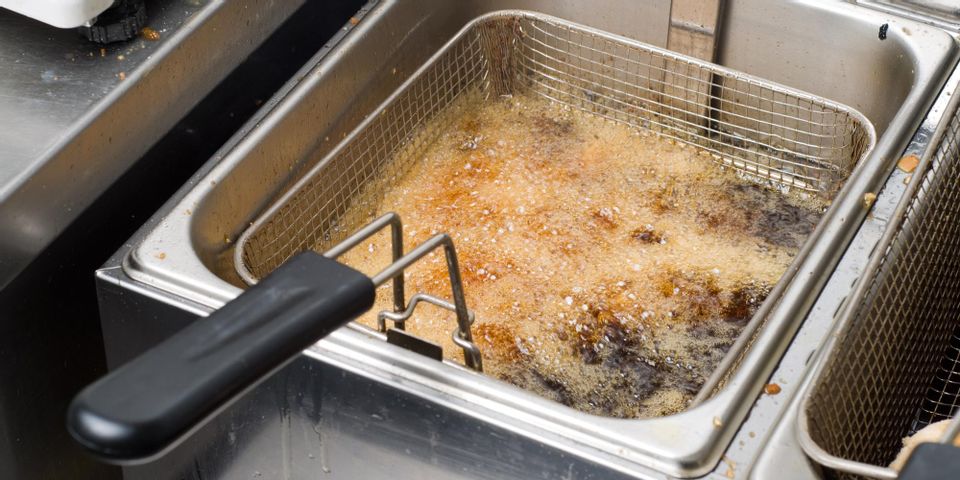
Commercial kitchens deal with a significant amount of fats, oils, and grease (FOG) daily. Since FOG can quickly clog up and damage municipal sewer facilities, it’s a strict requirement for food establishments to have a grease trap installed. To be effective, it has to be pumped periodically. Here’s why cleaning should be part of its routine upkeep.
What Is a Grease Trap?
As the name implies, grease trap works to intercept FOG contained in wastewater before flowing into the sewer system. Animal fats and vegetable oils are typically less dense than water, causing them to settle on top and float. As wastewater goes into the trap, its flow rate is reduced to allow cooling and separation of matter. When the grease gets trapped on top, solid wastes settle at the bottom while remaining wastewater enters the drainage system.
Why Cleaning It Is Important
 There are plenty of reasons why grease traps should be cleaned regularly, one of which is to prevent costly damages to your plumbing system. Buildup of solids and trapped grease, when left far too long in the tank, may back up to your kitchen drains, sinks, and toilets. This results in messy, smelly cleanups and costly emergency repairs to your plumbing.
There are plenty of reasons why grease traps should be cleaned regularly, one of which is to prevent costly damages to your plumbing system. Buildup of solids and trapped grease, when left far too long in the tank, may back up to your kitchen drains, sinks, and toilets. This results in messy, smelly cleanups and costly emergency repairs to your plumbing.
Another potential problem that may crop up from infrequent cleaning of grease traps is a damaged effluent tank. Rotting food in the trap produces hydrogen sulfur gas, which creates sulfuric acid when combined with water. Because sulfuric acid is highly corrosive, it can damage the steel and concrete materials of the tank from the inside out.
But perhaps the most compelling reason to clean your grease traps is to avoid hefty penalties from your local safety and health department. Inspectors often visit food establishments to check whether grease traps are up to code and in good condition. Aside from severe fines, a poor sanitation rating, and possible cessation of operations, your business license might even be revoked.
How Often Should You Clean It
Although manufacturers recommend cleaning out the traps after a couple of days, this might not be practical for most businesses. Most municipalities require commercial kitchens to pump out traps at least once a month, but this can vary depending on the amount of wastewater produced and the size of the tank. The cleaning interval period can be lengthened to eight weeks with the addition of biological grease treatment fluid to better break down trapped FOG.
Stop fats and oils from clogging your pipes by maintaining your grease trap. For top-notch plumbing services, count on the certified plumbers at Carolina Pipe Cleaning. Their team of professionals offers an extensive range of services including preventive maintenance and drain cleaning to customers in and around Rowan County, NC. Call (704) 279-1151 or message them online for service details and a free estimate.
About the Business
Have a question? Ask the experts!
Send your question

